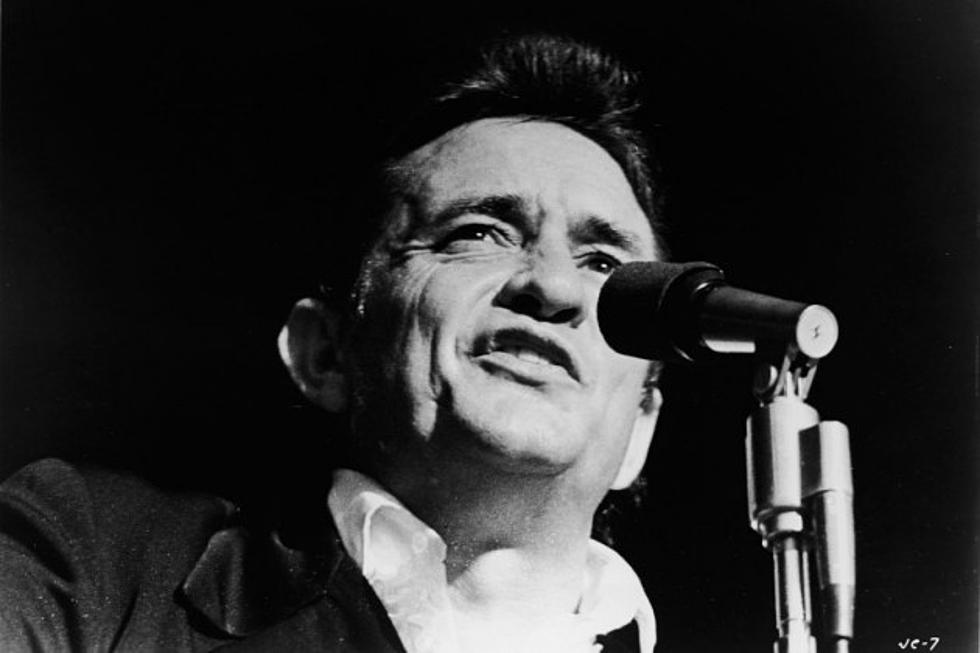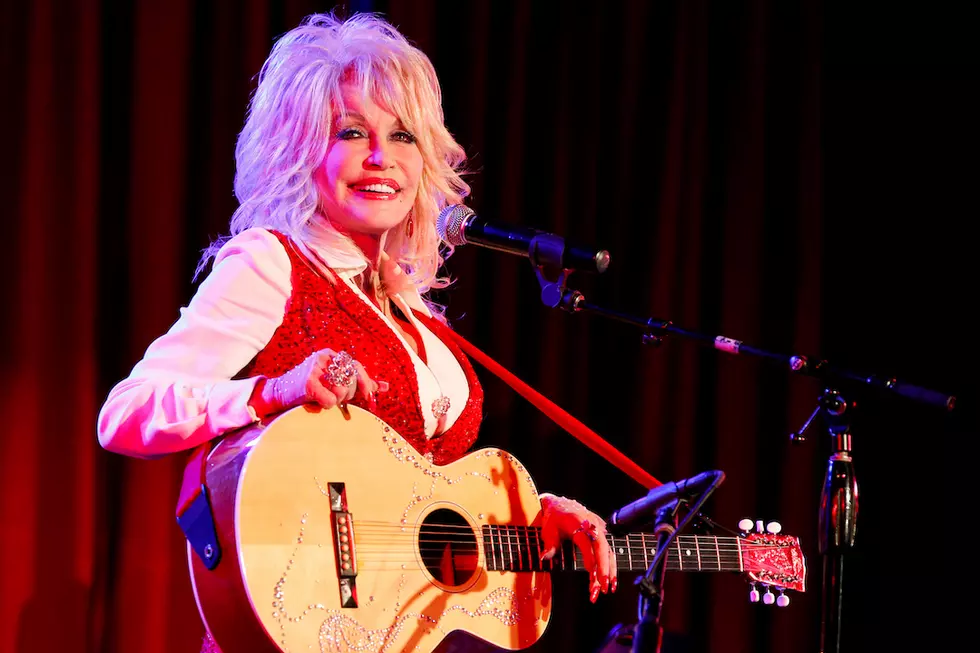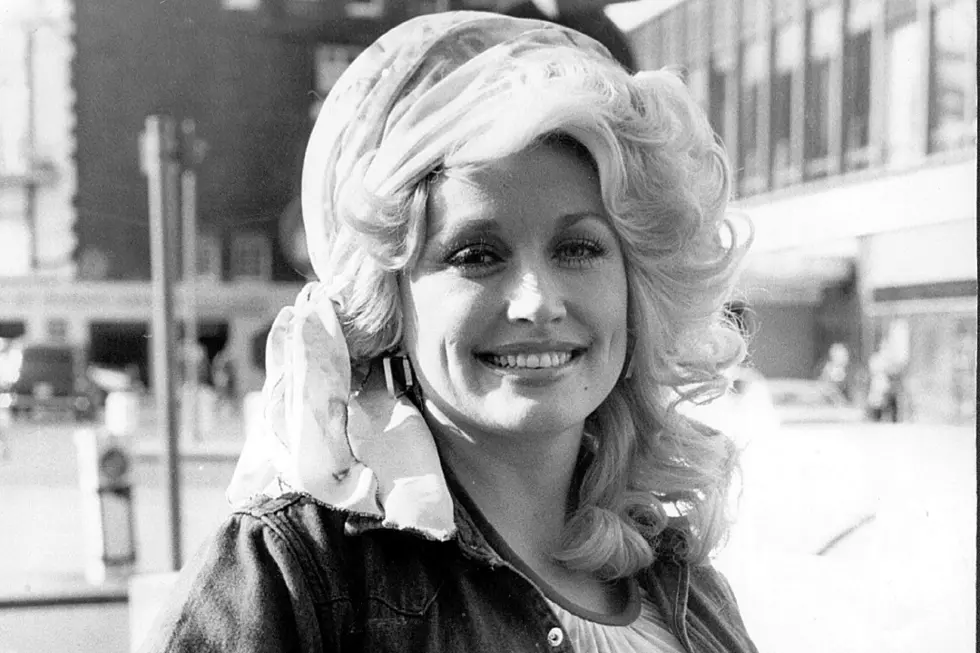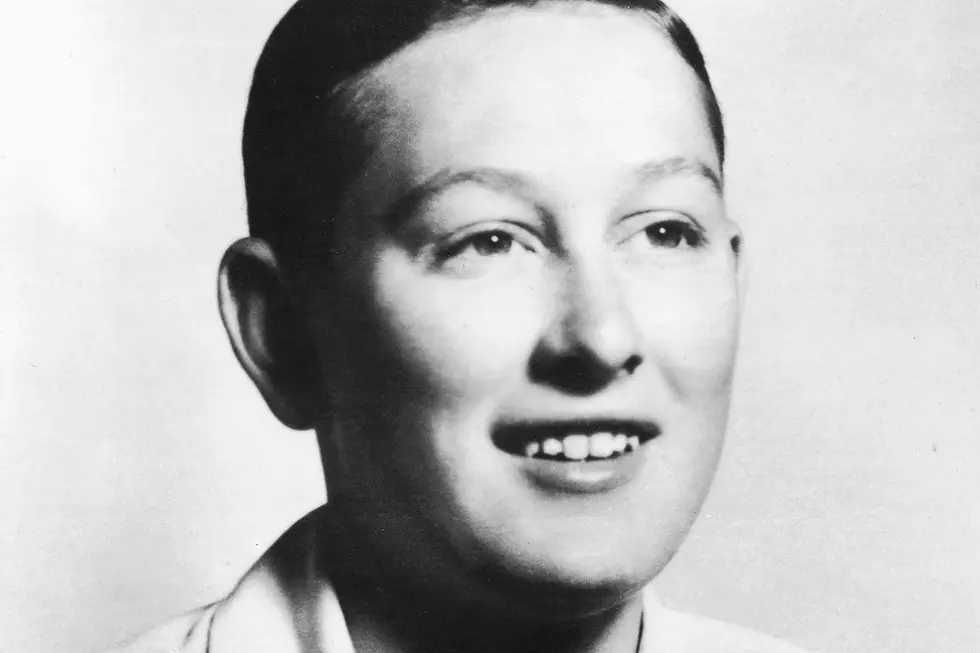
Johnny Cash’s ‘At San Quentin’ Tracks, Ranked
Johnny Cash's live album, At San Quentin, is one of the most iconic live albums of all time. Recorded at California's San Quentin State Prison on Feb. 24, 1969, and released in June of year, At San Quentin chronicles the second of Cash's series of prison concerts: His show at San Quentin followed his set at Folsom State Prison in January of 1968, but preceded performances at Osteraker Prison in Sweden (1972) and Tennessee State Prison (1974).
At San Quentin became Cash's first No. 1 album on the all-genre Billboard 200 chart. It also earned Cash nominations for Album of the Year, Record of the Year and Best Country Vocal Performance, Male, at the 1970 Grammy Awards, the latter of which he won. In the 51 years since its release, the project has been certified triple platinum by the RIAA.
How do the tracks on At San Quentin stack up against each other, though? Keep reading for our ranking.
- 9
"Wreck of the Old 97"
“Wreck of the Old 97” is fast-paced romp of a story song. Cash and his band speed through the tale of a train engineer who dies going 90 miles an hour down the tracks. The song’s (questionable) message is summed up in its final lines: “Don’t speak hard words to your true lover husband / He may leave you and never return.”
- 8
"Darling Companion"
“Darling Companion” is the only love song featured on the At San Quentin album, and, fittingly, it’s a duet between Cash and wife June Carter Cash, who had been married a little less than a year at the time. The two join voices from the first lyrics, but the highlight of the performance comes later, when they stop harmonizing and start trading off lines. It’s a sweet song, and the couple elevates lines such as, “Darlin’ companion, now you’ll never be abandoned / Love will always light our landin’ / I can depend on you.”
- 7
"Starkville City Jail"
Before he starts playing “Starkville City Jail,” Cash announces that he just wrote the song the day before. He then tells the story on which the song focuses, which involves him getting arrested and earning a $36 fine and a night in jail, all for picking a flower at the side of the road. He has the prisoners laughing throughout the brief track, which recounts the minor inconveniences he went through.
- 6
"Wanted Man"
“Wanted Man” is a Bob Dylan original that ticks through all the places where the narrator is a “wanted man.” Cash sings, “Wanted man in California / Wanted man in Buffalo / Wanted man in Kansas City / Wanted man in Ohio.” He’s backed up on vocals by the Carter Family, adding another layer to this crowd-pleaser.
- 5
"(There'll Be) Peace in the Valley"
“(There’ll Be) Peace in the Valley” is another song during which Cash brings the Carter Family onstage for backing vocals. But as “(There’ll Be) Peace in the Valley” is more of a gospel song, the Carter Family take charge in a way that they don't on “Wanted Man,” and their harmony vocals are one of the best parts of this song. It’s a slow, contemplative moment in an otherwise raucous set, and it works well.
- 4
"I Walk the Line"
The famous photograph of Cash giving the camera the middle finger occurred right before he played this version of “I Walk the Line,” allegedly because the cameraman wouldn’t move out of his way so he could see the audience. He carries that rebellious attitude through this performance, which is often interrupted by cheers from the prisoners.
- 3
"A Boy Named Sue"
Cash performed “A Boy Named Sue” for the first time at San Quentin. The song, the lyrics of which were written by Shel Silverstein, is a comical tale, and a divergence from most of Cash’s uncatalogued. The crowd at San Quentin, though, loved it -- and so did audiences everywhere. It was Cash’s biggest hit on the Billboard charts and was his only non-country Top 10 single.
- 2
"Folsom Prison Blues"
It's no surprise that “Folsom Prison Blues” played well to the prisoners at San Quentin, but it’s still hard to imagine a better performance of the song (aside from his performance at Folsom Prison itself, of course). Cash’s band lets loose with new guitar solos and wild drumming, adding to the overall raucous atmosphere. It’s clear from the first notes that the prisoners at San Quentin love the song, and, years later, it’s hard to listen to the recording and not love it too.
- 1
"San Quentin"
Even better than a song about Folsom Prison, though, is Cash’s song about San Quentin. Fittingly, he premiered this track onstage at the prison, and the response was so intense that he came back at the end of the show and played “San Quentin” again as an encore. If you listen, you can hear that he can barely get through a line without the room interrupting him with cheers and whoops. It’s one of the greatest recordings of a live performance.
More From The Moose 94.7 FM










